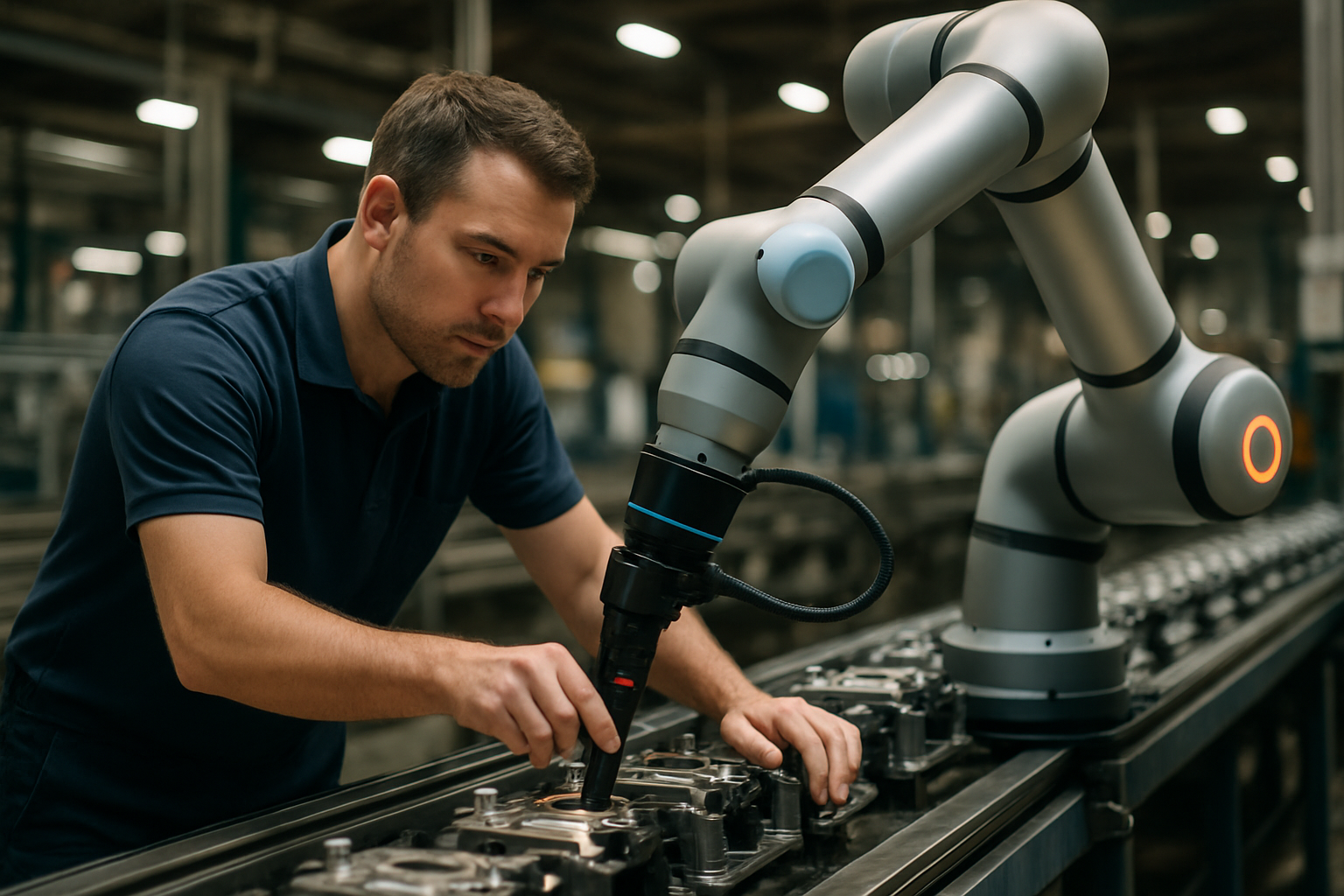Modular Production Systems: Redefining Industrial Flexibility
Revolutionizing manufacturing through adaptable production lines and reconfigurable equipment, modular production systems are reshaping the industrial landscape. This innovative approach allows businesses to swiftly adjust to market demands, optimize resource utilization, and reduce downtime. As industries face increasing pressure to remain agile, modular production offers a strategic solution for enhanced competitiveness and operational efficiency.

Core Components of Modular Production
At the heart of modular production lies the concept of standardized, interchangeable units. These modules can be quickly reconfigured to accommodate different product specifications or production volumes. Key components include:
-
Plug-and-play equipment: Machinery designed for easy integration and reconfiguration.
-
Standardized interfaces: Universal connections that allow seamless module interaction.
-
Modular conveyor systems: Flexible transport mechanisms adaptable to various layouts.
-
Reconfigurable tooling: Adjustable tools and fixtures for diverse product requirements.
-
Modular software systems: Adaptable control systems that can be quickly reprogrammed.
Advantages in a Dynamic Market
Modular production systems offer numerous benefits in today’s rapidly changing industrial landscape:
-
Reduced time-to-market: Quick reconfiguration allows faster response to market demands.
-
Improved cost-efficiency: Reusable modules reduce the need for new equipment investments.
-
Enhanced product customization: Easy adaptation to produce various product variants.
-
Optimized space utilization: Compact, reconfigurable layouts maximize factory floor usage.
-
Increased production flexibility: Ability to adjust production volumes and mix with minimal disruption.
Implementation Challenges and Solutions
While the benefits are significant, implementing modular production systems comes with challenges:
-
Initial investment: The upfront cost of modular equipment can be higher than traditional fixed systems.
Solution: Conduct thorough cost-benefit analyses to demonstrate long-term savings and ROI.
-
Workforce training: Employees need new skills to operate and maintain modular systems.
Solution: Implement comprehensive training programs and promote a culture of continuous learning.
-
Standardization hurdles: Ensuring compatibility across different modules and suppliers can be complex.
Solution: Develop industry-wide standards and collaborate with equipment manufacturers.
-
System complexity: Managing reconfigurable systems requires sophisticated control mechanisms.
Solution: Invest in advanced manufacturing execution systems (MES) and digital twin technologies.
Future Trends in Modular Production
As technology continues to evolve, several trends are shaping the future of modular production:
-
AI-driven reconfiguration: Machine learning algorithms optimizing module arrangements in real-time.
-
Sustainable modules: Eco-friendly design principles incorporated into modular equipment.
-
Micro-factories: Small-scale, highly adaptable production units for localized manufacturing.
-
Cross-industry standardization: Universal module interfaces enabling equipment sharing across sectors.
-
Virtual commissioning: Using digital twins to test and optimize modular layouts before physical implementation.
Practical Insights for Implementing Modular Production
• Start small: Begin with a pilot project in a single production line to test and refine the concept.
• Prioritize standardization: Develop clear guidelines for module interfaces and connectivity.
• Invest in workforce development: Create specialized teams focused on modular system management.
• Leverage data analytics: Implement robust data collection and analysis to optimize modular configurations.
• Collaborate with suppliers: Work closely with equipment manufacturers to ensure compatibility and support.
• Plan for scalability: Design your initial modular system with future expansion in mind.
• Regular assessment: Continuously evaluate the performance and ROI of your modular production system.
Modular production systems represent a transformative approach to manufacturing, offering unprecedented flexibility and efficiency. As industries continue to face unpredictable market demands and shorter product lifecycles, the ability to quickly adapt production capabilities becomes crucial. By embracing modular production principles, businesses can position themselves at the forefront of industrial innovation, ready to meet the challenges of tomorrow’s dynamic marketplace.






